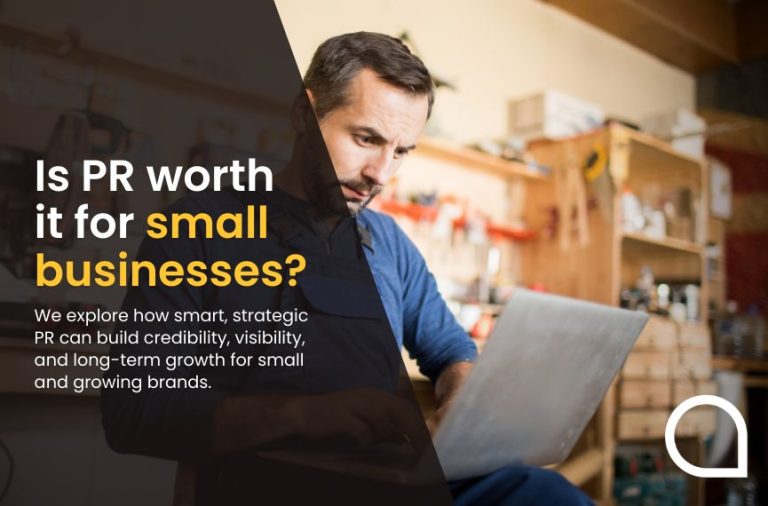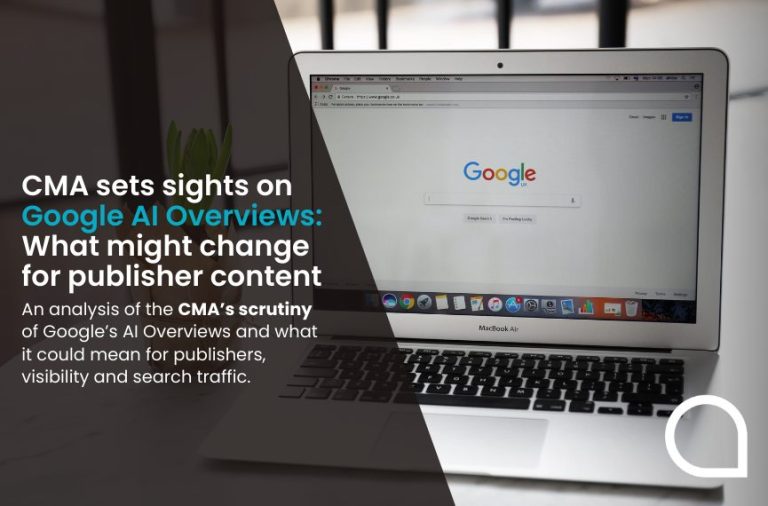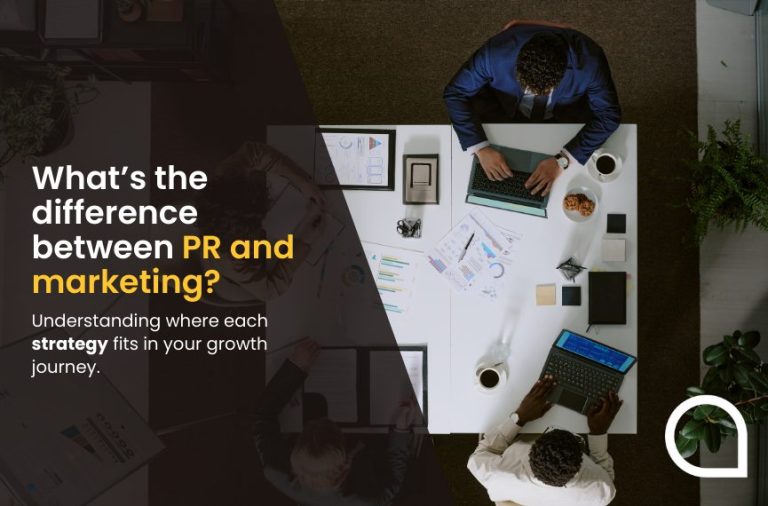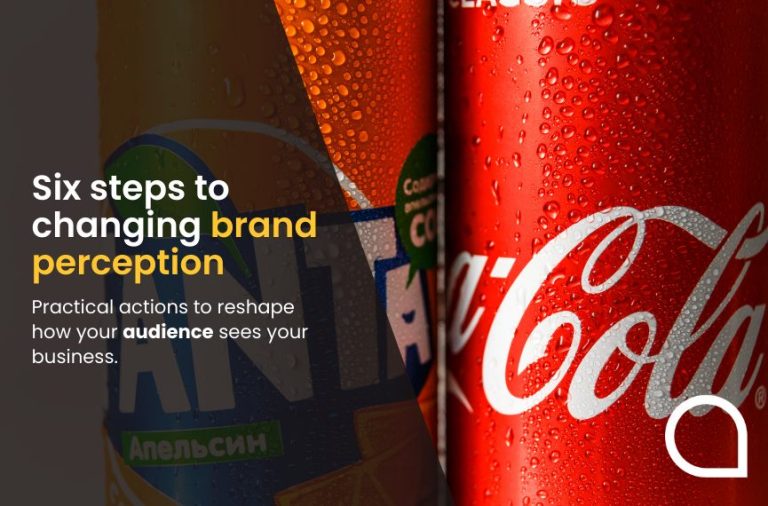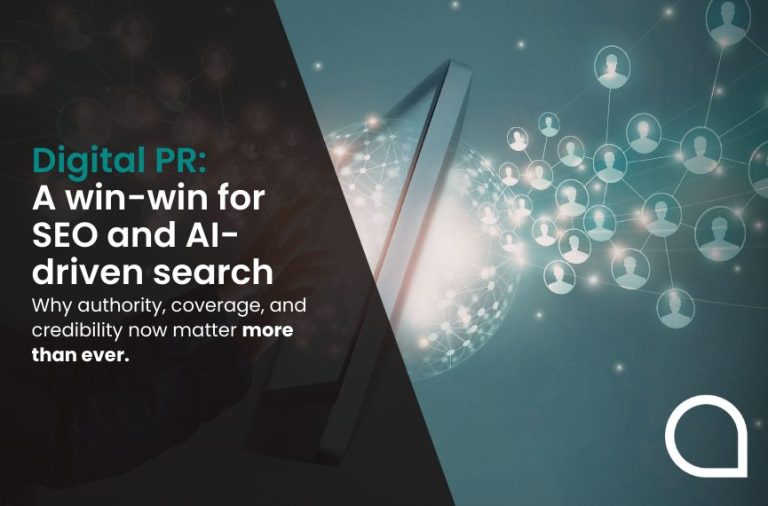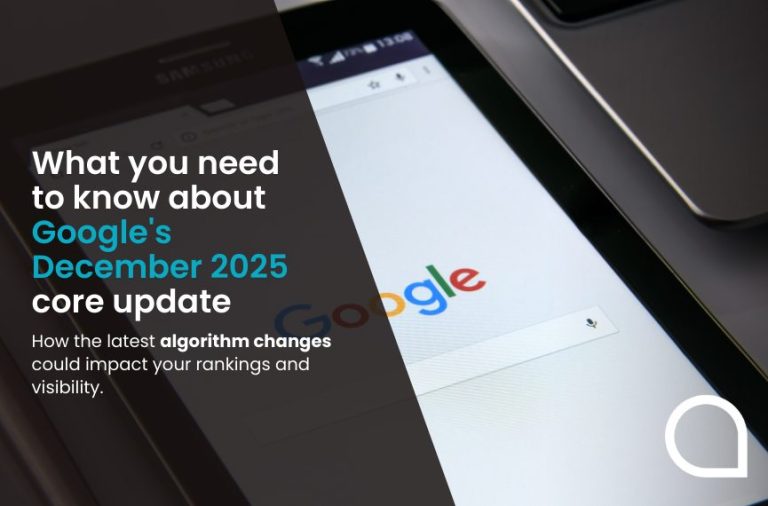The news sources we go to differ from person to person, but a common thread links all readers: the desire to consume credible, authentic information.
However, with fake sources creeping into news stories, and AI-generated content further increasingly prevalent, a serious challenge has been posed to major news outlets across the UK, putting journalists under greater pressure to verify facts.
Recently, Press Gazette reported that both The Times and The Sun withdrew articles featuring “Anne Simmons,” a supposed cleaner for the Royal Family who worked for the monarchy for more than a decade, after doubts arose over her authenticity.
Meanwhile, Futurism revealed fabricated AI reporter profiles at Sports Illustrated, and Press Gazette uncovered ‘likely’ AI-generated content written by the fictitious freelance author ‘Margaux Blanchard’ that was published by both Wired and Business Insider.
The result? A widespread lack of trust in the UK media.
This is supported by the latest (2025) Reuters Institute Digital News Report which found that just 35% of the UK market ‘trust most news, most of the time’.
Understandably, journalists are now pushing back; they want real and authentic experts rather than vague titles, generic quotes, or unverifiable anecdotes.
So, how can you position yourself (or your clients) as credible sources that journalists feel confident quoting and publishing?
Hollie Marsh, Aqueous Digital’s in-house PR expert, shares her top tips on how to strengthen perceived authority while also meeting Google’s E-E-A-T guidelines for improved online visibility too.
How to increase your credibility and authority
1. Create or update author profiles
At its core, E-E-A-T begins with a robust author profile – that is a well-written biography that highlights an individual’s professional achievements, credentials, and relevant experience.
If you’re the managing director of a plumbing company with 10 years of industry experience, possess a Gas Safe Register qualification, Level 2 diploma, and industry recognition from The Plumber Awards, then make that clear!
Shouting about any qualifications, award nominations (as well as wins), and industry experience in your author biography creates a credible source of professional information for all website visitors.
To strengthen these claims, include links to proof of verification or awards whenever possible.
For instance, if you’ve recently received an award, support the statement with a link to a credible third-party source (like a local newspaper) that covers the achievement.
Plus, you can send all this information to journalists in just one convenient link, offering them a trustworthy source they can easily cite.
A well-built author profile can also help you land and maintain a Personal Knowledge Panel – that’s a dedicated personal information box that appears on Google’s SERPs (Search Engine Results Pages) when you look up a certain individual.
Not only does this increase your online visibility, but it also reinforces your authority in the eyes of any journalists or customers who search your name.
Key elements of a genuine author profile include:
- Professional qualifications and certifications
- Case studies or project highlights
- Events you’ve spoken at
- Articles you’ve written (on your own site, or as a guest contributor)
- Media coverage and publications featured in
- Awards and recognitions
- High-quality professional photos
2. Share regular LinkedIn posts
One of the simplest ways to demonstrate your expertise and industry credibility? Consistent, authentic LinkedIn posting.
When you post regularly with a genuine voice, you provide journalists with a visible track record of your knowledge and experience.
As a trusted recruitment, networking, and social media platform for businesses, LinkedIn acts like a public CV. It showcases your qualifications, career background, and achievements in a format journalists recognise and trust.
If you’re unsure where to start, then don’t worry.
Our team can help by either referring you to a social media partner or producing SEO-friendly content, such as web copy and blog posts, that can be reworked into professional, thought-provoking social media posts that reflect your real voice.
To encourage journalists to check out your content and credentials, we recommend including a link to your LinkedIn profile on your author profile or ‘About us’ website page.
3. Join third-party industry groups
Another element that journalists and prospective customers look for when doing their research is any industry-specific validation.
This could include anything from professional memberships and accreditations to endorsements from respected organisations within your field.
If you’re already a member of a third-party industry or accreditation group, you’re in a strong position to leverage that affiliation.
Arranging genuine guest posts, interviews, or expert commentary through these networks can help boost your visibility.
This kind of external endorsement highlights how trusted and recognised you are within your chosen sector, ensuring instant appeal to journalists seeking reliable expert sources, and giving potential customers increased confidence in your credibility.
4. Secure award wins and nominationsr Heading Text Here
Looking for a PR win that boosts credibility and online visibility, while giving you something to shout about? Don’t overlook past award wins or future opportunities.
Whether you were nominated last month or won a prestigious industry award five years ago, these achievements still carry significant weight.
Awards (and yes, that includes nominations) are just another form of third-party endorsement.
Journalists and prospective clients alike commonly view awards, whether local honours or national accolades, as powerful indicators of authority, trust, and professional recognition.
Any award wins or nominations should be published on the relevant:
- Author profiles
- The ‘About us’ or ‘Awards’ pages
- LinkedIn profiles
- Press releases
- Outreach emails
5. Host informative webinars
According to 2025 webinar statistics from Contrast, webinars are on the rise with no less than 91% of B2B professionals citing webinars as their preferred type of content.
A powerful way to position yourself as an industry thought leader, webinars can open the door to connecting with a much larger and more engaged audience – one that’s actually signed up to be there!
Alongside sharing your knowledge with potential clients, you can also use this channel to demonstrate your expertise and knowledge on a specific topic to any interested media contacts.
Conveniently, webinar content can also be recorded, creating a bank of valuable, reusable content that can be repurposed for social media, your website, or PR outreach.
Webinars can take various formats such as:
- Live Q&As
- Educational presentations
- Panel discussions with other collaborators
- Case study walk-throughs
Need an expert to handle your PR?
Whether you’re struggling to update your own author profile or need a helping hand getting your business and name out in the media, speak to the digital marketing specialists and PR professionals at Aqueous Digital today.
Simply fill out our online contact form, our reach out via:
Phone: 0800 285 1424
Email: hello@aqueous-digital.co.uk
